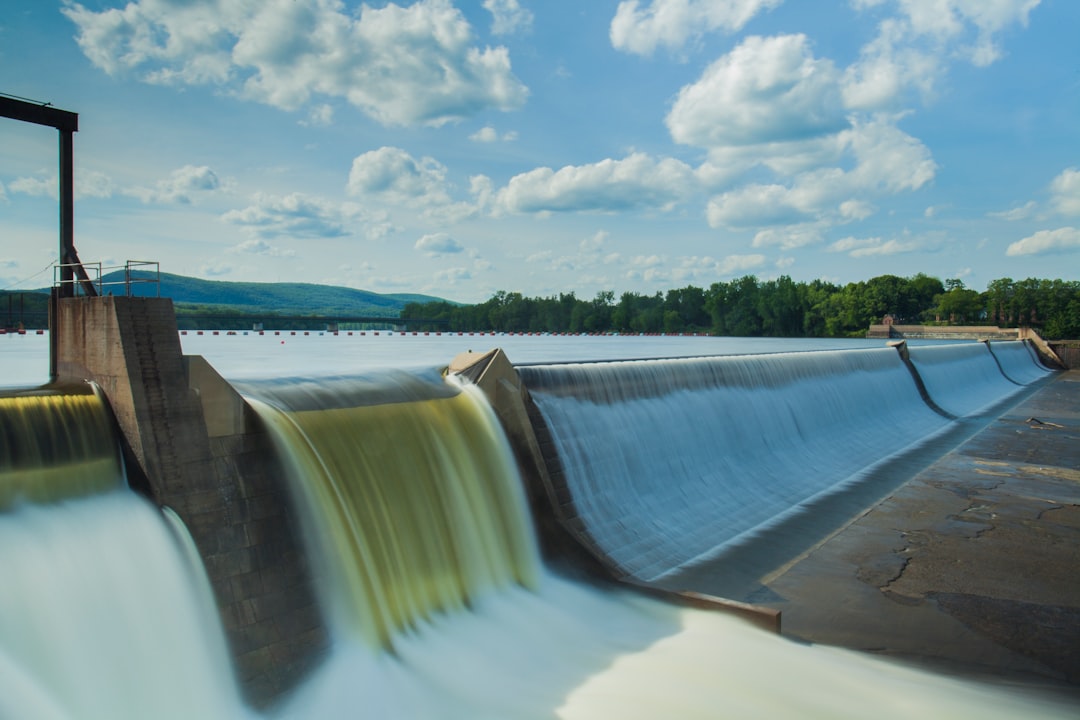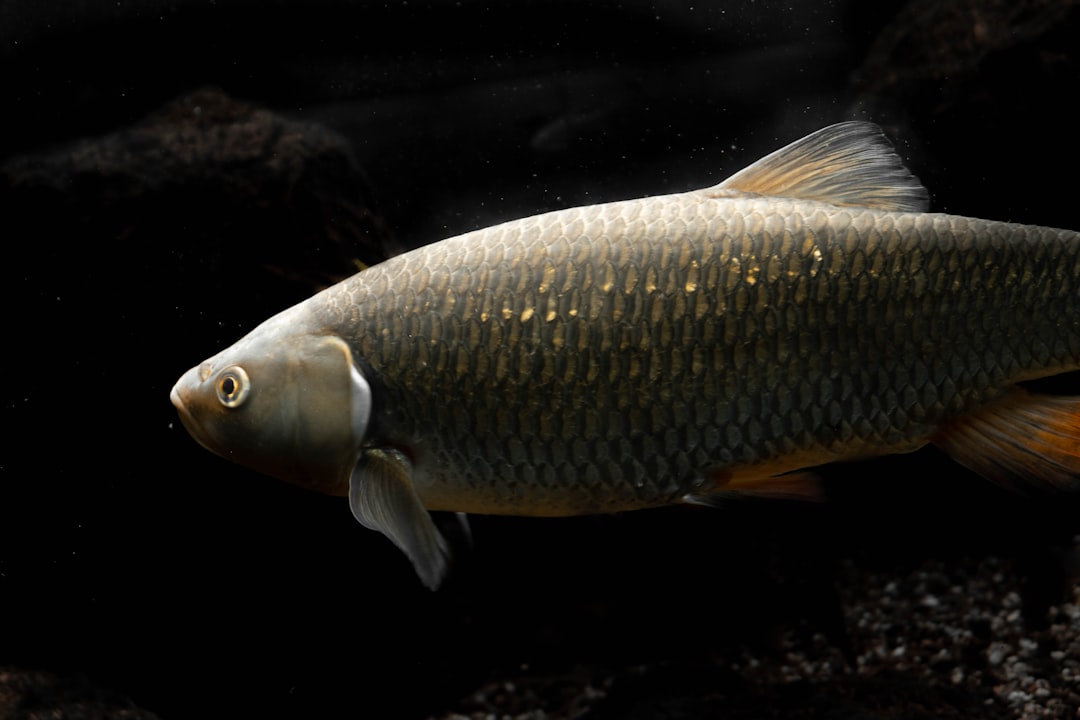What is it about?
The incorporation of antimicrobial metals such as silver is an alternative to protect the material against microbial attack. However, loaded polymer can lose its antimicrobial properties after some time of use, and the additive may even leak out into the environment becoming harmful to non-target organisms. This study aims to evaluate the mechanical properties and antimicrobial activity of silver containing thermoplastic elastomer (TPE) samples exposed to weathering and the influence of additive incorporation in material biodegradation in the soil. For this purpose, silver ions (Ag+_bentonite, Ag+_phosphate) and silver nanoparticles (AgNp_silica) based additives were blended in a formulation of SEBS, polypropylene and mineral oil. The test samples were exposed to natural ageing over nine months, and were then evaluated according to their mechanical properties, antimicrobial activity, and degree of crystallinity and surface characteristics. The biodegradation process before and after natural ageing was evaluated through the generation of carbon dioxide. The results show that the action of natural ageing reduced the mechanical properties of loaded and unloaded TPE, and modified the degree of crystallinity and the chemical characteristic of the TPE surface. The presence or type of additive did not influence material resistance after being exposed to weathering. A decrease in antimicrobial activity in samples after natural ageing was observed. At a variable level and according to the chemical content, generation of carbon dioxide from TPE samples was greater in aged samples than in unexposed ones.
Featured Image
Read the Original
This page is a summary of: Effects of Weathering on Mechanical, Antimicrobial Properties and Biodegradation Process of Silver Loaded TPE Compounds, Journal of Polymers and the Environment, January 2017, Springer Science + Business Media,
DOI: 10.1007/s10924-016-0927-8.
You can read the full text:
Contributors
The following have contributed to this page










